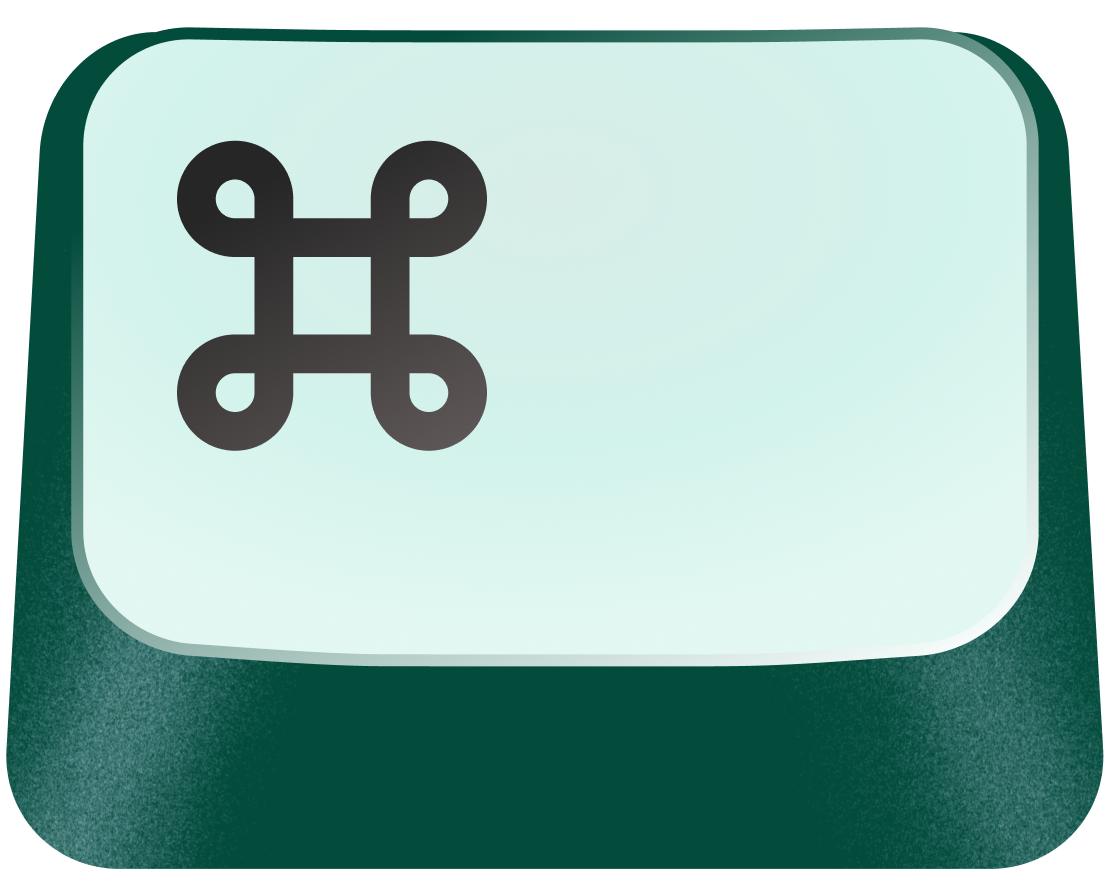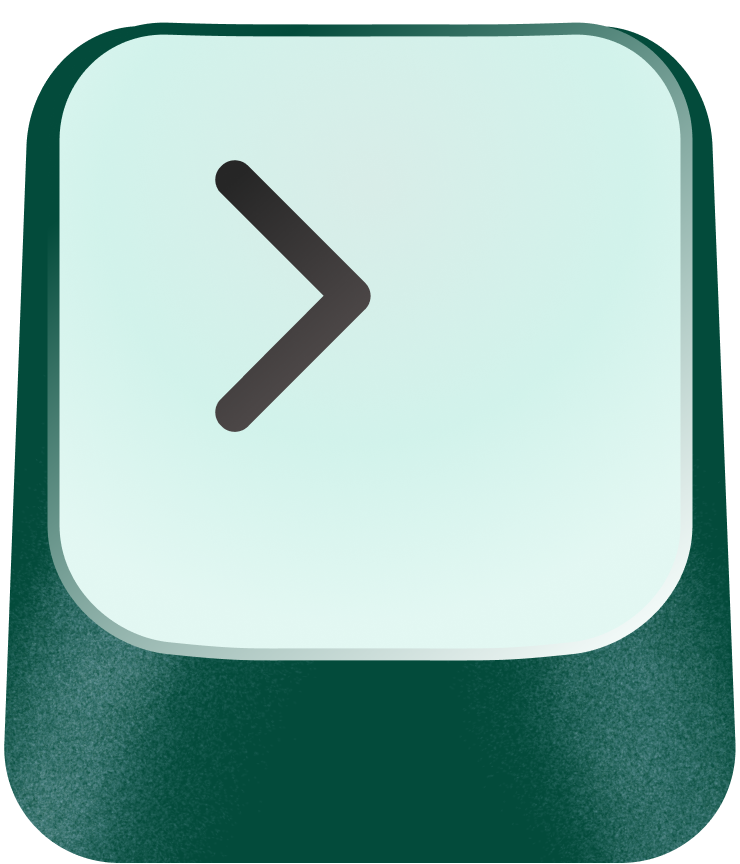The Program
Mentorship, Real-World Work and Fast Impact – Part Time, Wherever You Are
Our program combines mentored reporting for global media with courses in multimedia journalism. You can focus on issues you know and care about. Our coaching continues for two years after you graduate with no additional fees. And if you’re a Canadian, US or European physician, you’ll earn more than 100 hours of continuing medical credits.
We start with a 10-day bootcamp
(Sept. 7, 2026 – Sept 18, 2026)
This is the only full-time part of the program; 10 days (M-F, 10 a.m. – 5 p.m. , Toronto time) to start thinking like a journalist. You can attend the boot camp in person or online. You’ll learn:
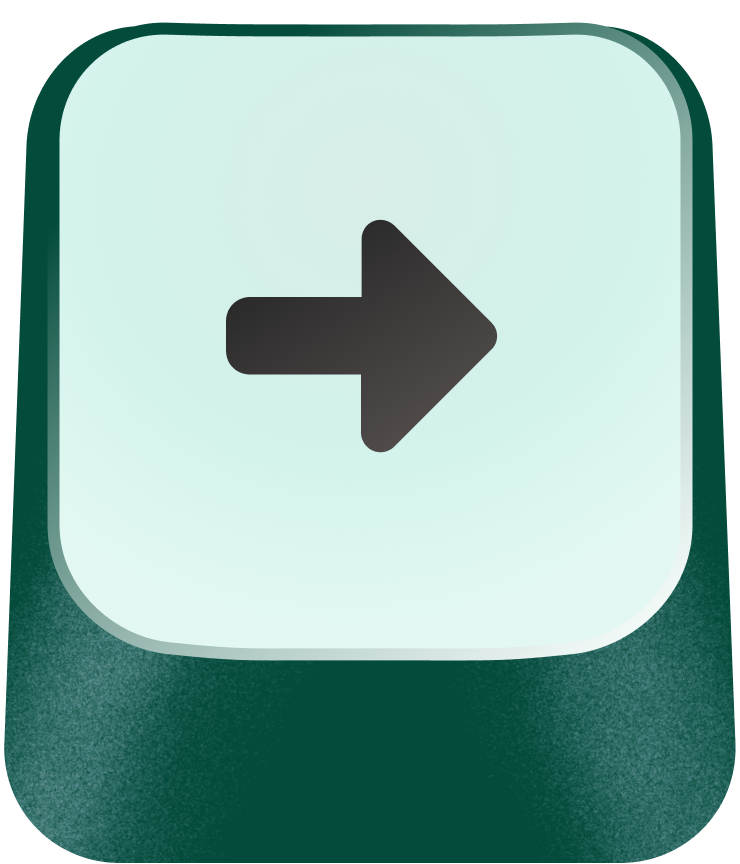
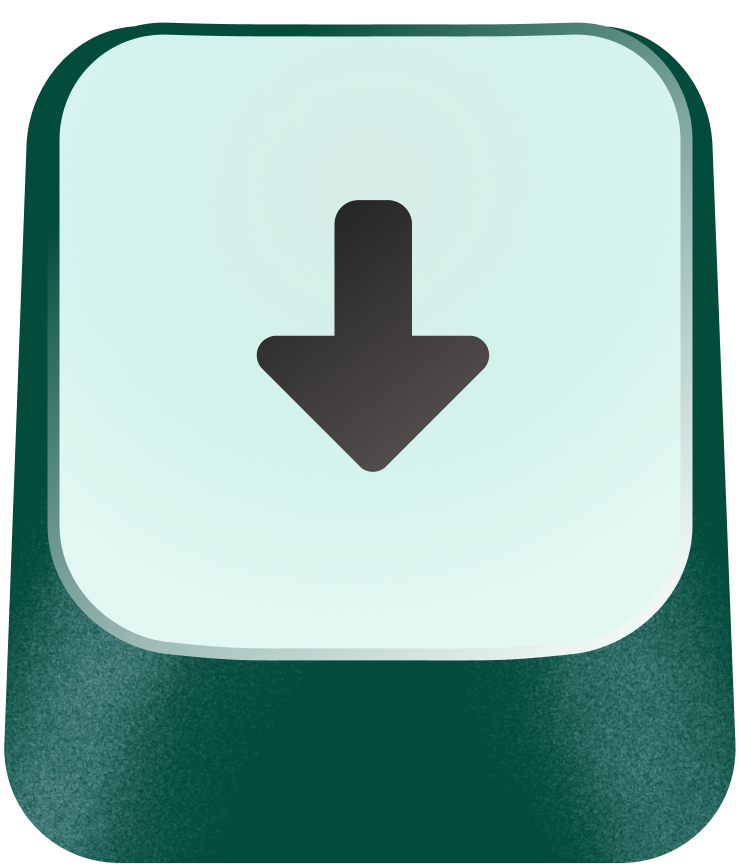
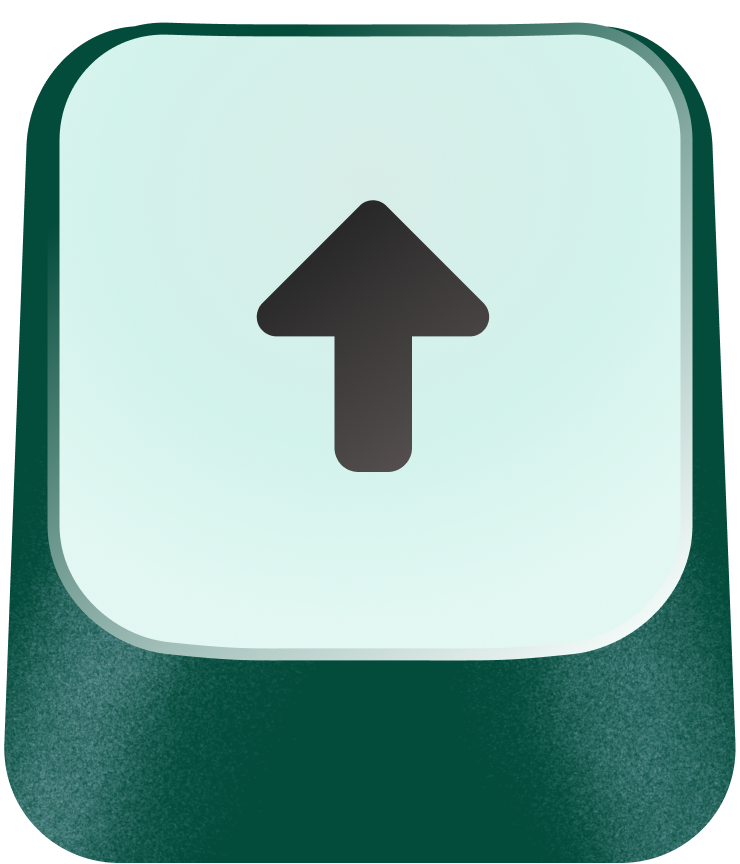
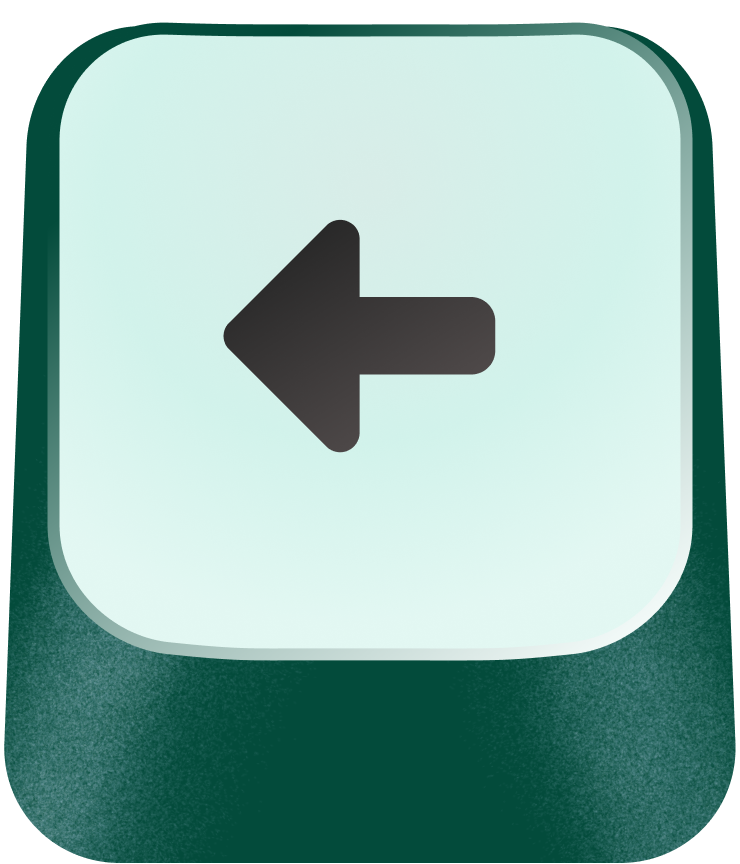
How to find stories.
Everything starts with great story ideas. You’ll learn how to find new stories, weed-out the weak ideas, and write pitches that convince editors.
How to report.
You’ll start learning how to find the sources and information others miss, and how to interview – and listen – like a reporter.
How to write for impact.
You’ll start shaping big ideas into 800 – 1200 word features, the length at which we can have real impact.
Mentored Freelancing To Media
(September 2026 – March 2027)
For seven months, a team of highly experienced journalists will mentor you as you report your own stories for media partners around the world. Here’s how it works:
Weekly Meeting
We meet for two hours every Tuesday (10 a.m. – 12 p.m. Toronto time). In the first hour, we all meet to discuss journalism fundamentals together. In the second hour, you meet with your own bureau (max. 7 fellows) where your mentor helps you shape pitches, review progress on stories, and unpack your evolving journalism experience.
Pitching
You’ll work directly with your bureau chief to shape your own story ideas into competitive, short pitches, which we then send our media partners every week. Our partners commit to reviewing all our pitches within two days and commissioning whatever interests them.
Reporting
Once your story is commissioned, you finish your reporting – seeking advice from bureau chiefs and the program director whenever necessary – and file your first draft to your bureau chief. You and your bureau chief will work together on edits, which is a core learning experience. Once your story is ready, you file it directly to the media that commissioned it and continue your work directly with their editors – with us ready to help if you need it.
Skills Curriculum
You’ll keep building your tool kit of skills with full-day seminars on one Friday and Saturday each month from October 2026 to March 2027. (10 a.m. – 4 p.m. Toronto time).
After the boot camp, we continue to deepen fellows’ journalism skills with skills courses taught on one Friday and Saturday each month:
Clean writing:
How to write the clear copy editors expect, and use Canadian Press/Associated Press style to edit your work before filing.
Interviewing skills:
How to build relationships with sources through interviews that get the information you need, accurately and efficiently.
AI in Journalism:
How to use artificial intelligence for reporting, for participating in the public debate, and for promoting your work.
Podcasting:
How to shape a compelling podcast idea and produce it.
Investigative journalism:
How to identify stories that merit investigative tools, and how to use those tools to find information others want to hide.
Opinion writing:
How to shape, pitch and write compelling opinion pieces.
Longform:
Learn how to shape, report and write the kind of long-form journalism that appears in major magazines.
Freelance tradecraft:
How to build business and manage yourself as a freelancer.
Performance:
How to present your ideas powerfully in a short interview.
Coaching
You’re invited to join other alumni in an on-line bureau meeting every month, for two years after your graduate. We talk about story ideas, reporting challenges, freelancing, and how to fit your journalism skills into the rest of your career.
Fellows graduate in March 2027 with a Certificate in Journalism and Health Impact from the Dalla Lana School of Public Health at the University of Toronto.
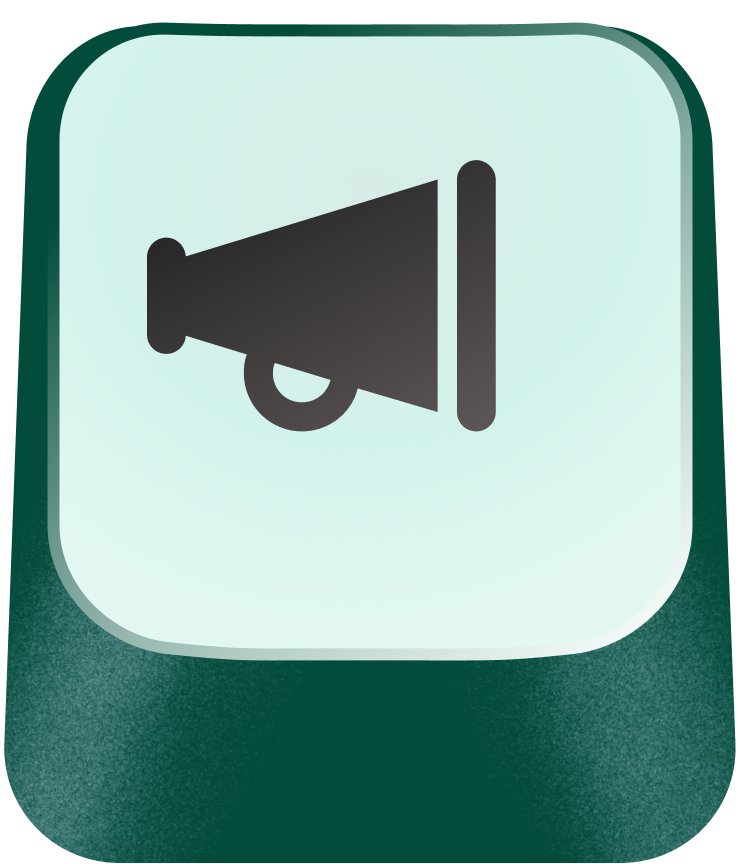

CPD Credits for Physicians
The Dalla Lana Fellowship in Journalism and Health Impact program has received accreditation by Continuing Professional Development, Temerty Faculty of Medicine at the University of Toronto.
Certificates of Completion:
This program has been approved as a Certificate of Completion in Continuing Professional Development for 162.5 hours by Continuing Professional Development, Temerty Faculty of Medicine, University of Toronto.
Accreditation:
This program has been approved as an Advanced Certificate of Completion certified by Continuing Professional Development, Temerty Faculty of Medicine, University of Toronto for up to 140 credits.
This event is an Accredited Group Learning Activity (Section 1) as defined by the Maintenance of Certification Program of the Royal College of Physicians and Surgeons of Canada, and approved by Continuing Professional Development, Temerty Faculty of Medicine, University of Toronto. You may claim up to a maximum of 162.5 hours (credits are automatically calculated).
Through an agreement between the Royal College of Physicians and Surgeons of Canada and the American Medical Association, physicians may convert Royal College MOC credits to AMA PRA Category 1 Credits™. For more information on the process to convert Royal College MOC credit to AMA credits please see: https://www.ama-assn.org/education/earn-credit-participation-international-activities
Live educational activities recognized by the Royal College of Physicians and Surgeons of Canada as Accredited Group Learning Activities (Section 1) are deemed by the European Union of Medical Specialists (UEMS) eligible for ECMEC®.

